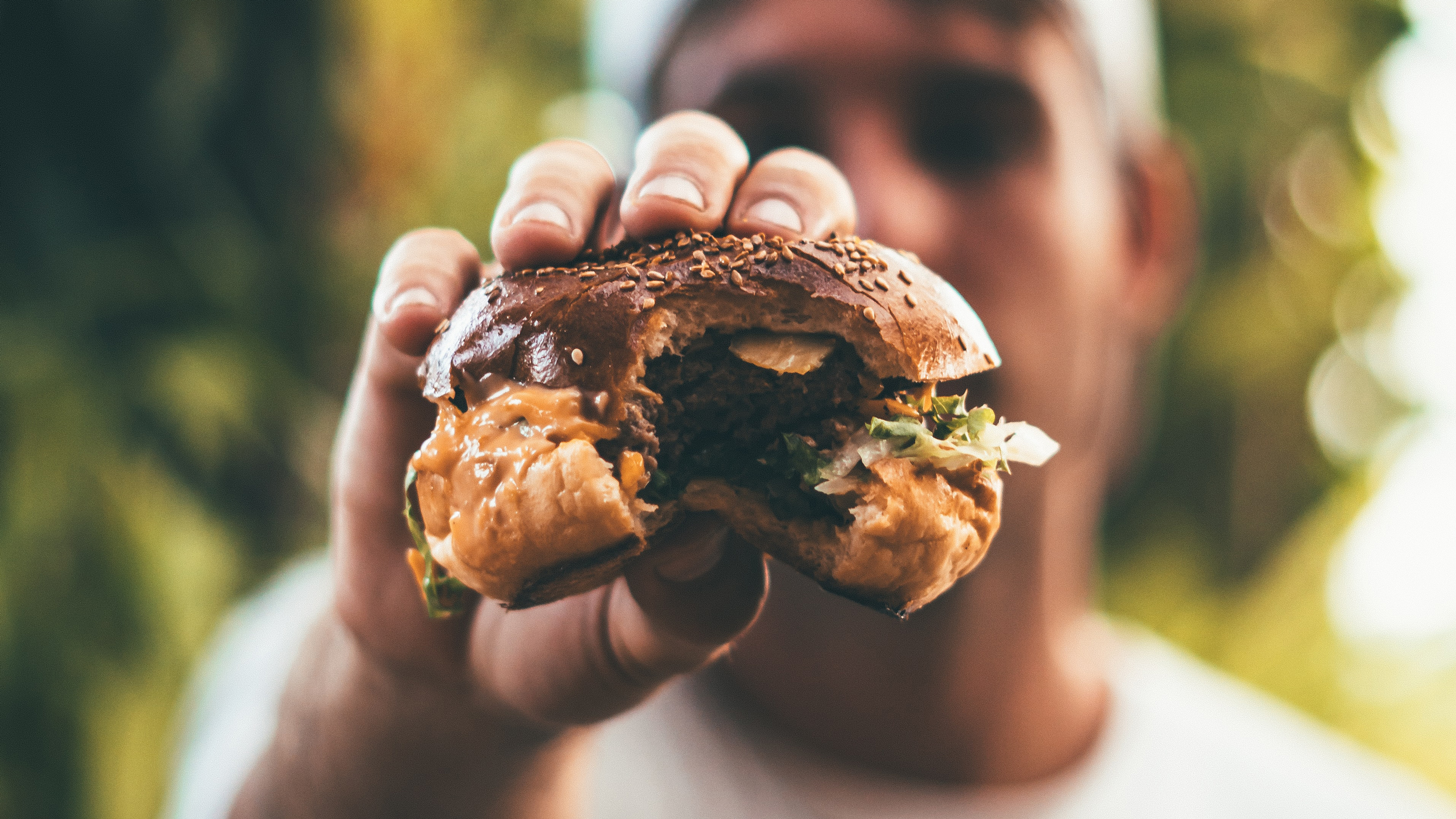Healthy eating: Why it's ok to cheat on your diet (a little bit)
Overeaten? Don't beat yourself up: science has found the human body has a great response to one-off indulgence


Start your week with achievable workout ideas, health tips and wellbeing advice in your inbox.
You are now subscribed
Your newsletter sign-up was successful
On paper, at least, eating healthy isn't rocket science. We all know we should eat less pizza, burritos, burgers, chips and ice cream, and more vegetables, fruits, lean meats and fish. Pizza especially is a big temptation for many people, and it's easy to eat beyond the point when you're full if you only have a slice or two left in the box.
However, there's no need to feel guilty if you do fall prey to overindulgence and cheat on your diet a bit. One study has found the human body is very good at coping with one-off over-indulgence.
The study, published by researchers at the University of Bath, looked at the metabolism's response to occasional overeating. They found young, healthy men (aged between 22 and 37) consumed almost twice as much pizza when pushing beyond their usual limits, doubling their calorie intake. However, they managed to keep the amount of nutrients in the bloodstream within a "normal" range.
Lead researcher Aaron Hengist said: "We all know the long-term risks of over-indulgence with food when it comes to obesity, type II diabetes and cardiovascular disease.
"We know much less about some of the immediate effects 'all you can eat' places on the body. Our findings show that the body actually copes remarkably well when faced with a massive and sudden calorie excess."

The body can avoid detrimental effects after occasional overeating. However, the key word here is "occasional". This is an all-you-can eat trial with healthy participants, and doing this too much will normalise overeating. Of course, regular overeating leads to a variety of problems related to obesity, high blood pressure and diabetes.
Professor james Betts of Bath University said: "The main problem with overeating is that it adds more stored energy to our bodies (in the form of fat), which can culminate in obesity if you overeat day after day.
Start your week with achievable workout ideas, health tips and wellbeing advice in your inbox.
"However, this study shows that if an otherwise healthy person overindulges occasionally, for example eating a large buffet meal or Christmas lunch, then there are no immediate negative consequences in terms of losing metabolic control."
There's plenty of dietary tricks to help you avoid overeating. For example, you could try drinking water before every meal, or intermittent fasting to limit your calorie intake.
Liked this?
Matt Evans is an experienced health and fitness journalist and is currently Fitness and Wellbeing Editor at TechRadar, covering all things exercise and nutrition on Fit&Well's tech-focused sister site. Matt originally discovered exercise through martial arts: he holds a black belt in Karate and remains a keen runner, gym-goer, and infrequent yogi. His top fitness tip? Stretch.
